|
27th October 2020 Tuesday evening is here and I'm at 'The Sovereigns' in Woking with the Woking Gaming Club. Time for the first game of the evening; Karuba. Have you fancied yourself as an explorer just landed on some unmapped jungle island? Well in Karuba you control not just 1 explorer, but 4! All in a rush from beach to jungle in order to find temples, treasure and ultimately glory first before everybody. What's in a game?
How's it play? Set up The set up for Karuba very straightforward, if a tiny bit time consuming.
Gameplay for is very straightforward. Players are trying to move their explorers to the temple of the same colour. Unsurprisingly, this is done by laying tiles and moving the explores along the paths that are created. Karuba has no turns, everyone makes their choices at the same time.
Endgame Play continues until one player has moved all 4 of their explorers to the relevant temples, or as is more likely until the caller has depleted their entire stack. Players add the points of all the scoring tokens they've collected and the gold and diamond tokens, gold is worth 2 points and diamonds 1 point. Highest score wins. Overall
Despite the simplicity of the rules, Karuba gives players lots of decisions to make nearly all the time. The most common of these is whether to play a tile or discard it for movement. This is a very elegant mechanic, the best tile to build paths with is the crossroads, because it gives you the most options. But the crossroad is also the best tile to discard for movement, as it give you most movement. Early in the game, you'll obviously be wanting to play the tiles more often to build up your paths, but you can't afford to play them willy-nilly. A meandering path is something players will want to avoid. You may end up putting tiles in seemingly unconnected, random places, hoping to get the right tiles later on! Players have limited rounds in Karuba and will want to build their paths as efficiently as possible. The game has an absolute maximum of 36 rounds. If you look the photo of my gameboard from the end of the game. All 36 tiles were drawn. This means I played 19 tiles, which means I moved 17 times, whilst I managed to get 3 explorers to their destination, the blue explorer barely managed to leave their starting spot. Movement may also provide difficult decisions. For example; you may have an explorer who is just 1 step away from a treasure or a temple but have just drawn a crossroads tile which grants you 4 movement, using it on 1 movement can be a waster. Do you use it to move another explorer to maximise it's value, or do you use 1 movement to complete an objective and waste the rest of the movement? Also, when moving explorers, players will need think ahead a little, a badly placed explorer can block their colleagues, meaning it might require an entire round to clear the path. Only towards the end of the game, when I had connected everything up and reached 2 temples, did the decisions become no-brainers. But because the game is played simultaneously and other players were more or less in the same situation: There was little downtime between rounds, which passed very quickly. Karuba is a quick game to play anyway, if a player spends 1 minute deciding their move, the game has a play time of 36 minutes. The only small criticism I could level at Karuba is that there is no interaction with other players. Not a problem for me personally, but it can be for others. Otherwise I thought it was a good game. Quickly and easy to learn, quick and fun to play. Anybody can learn and play Karuba. It's such a visually driven game that players should quickly comprehend what they need to do. It's a game that's definitely going on my list.
0 Comments
Leave a Reply. |
AuthorI play, I paint. Archives
March 2024
Categories
All
|

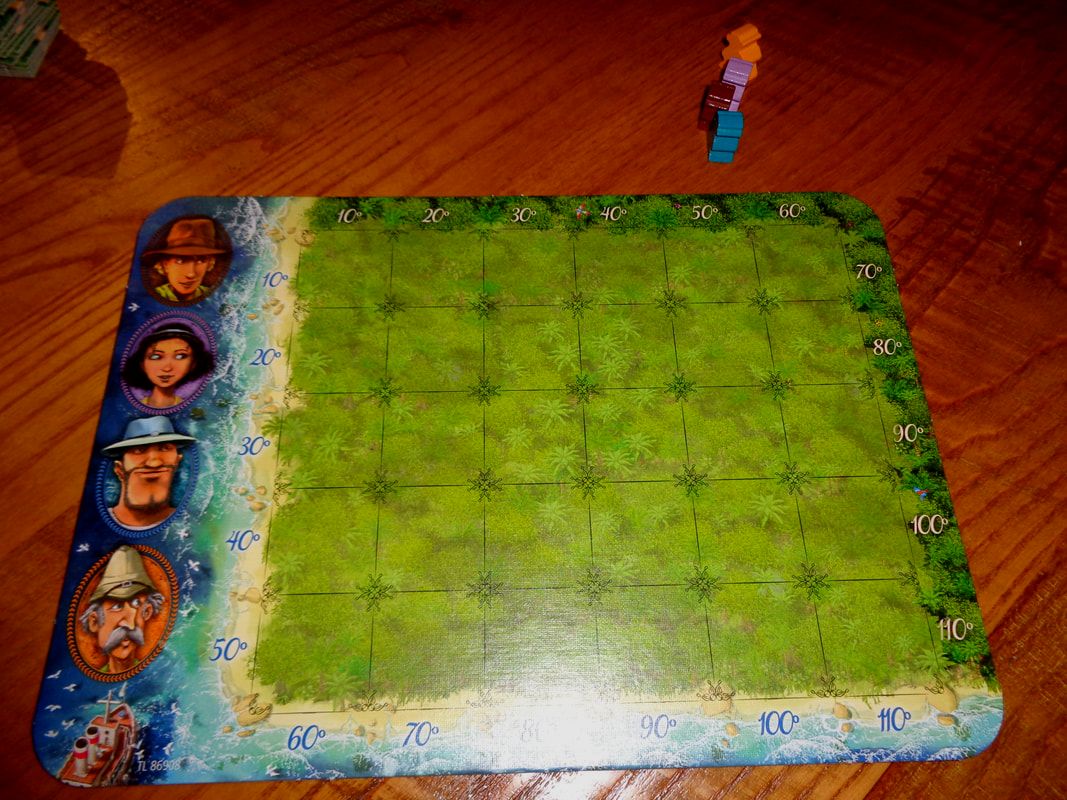
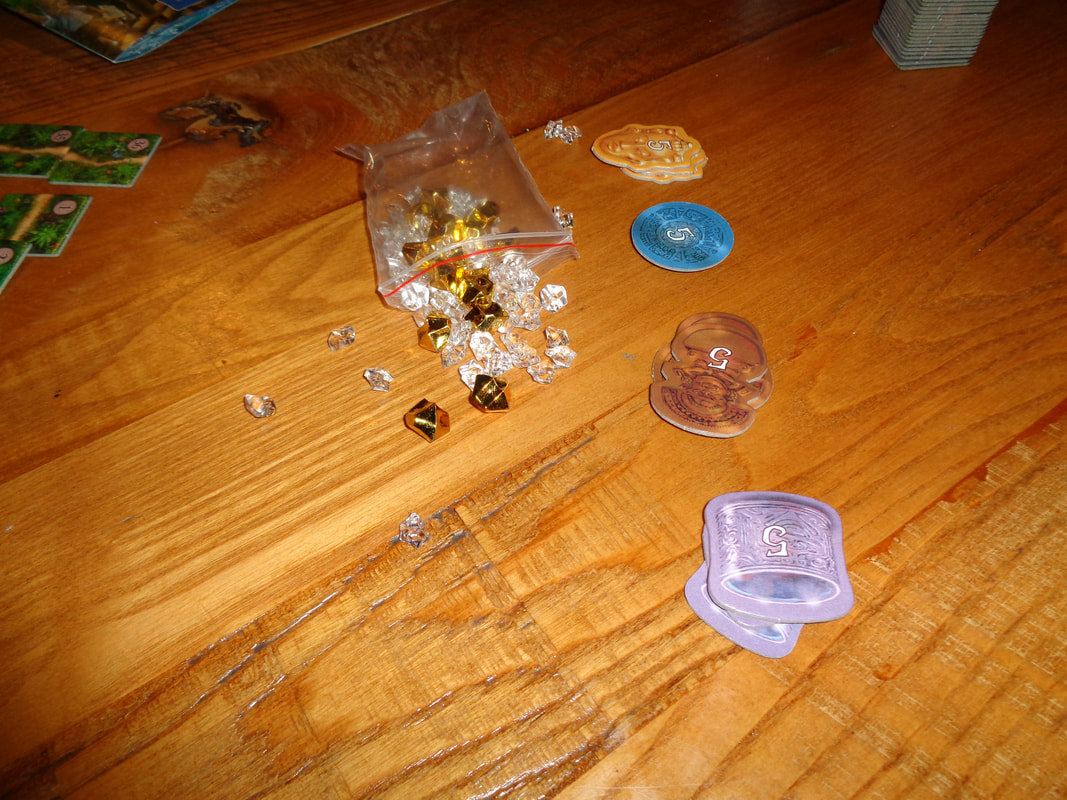
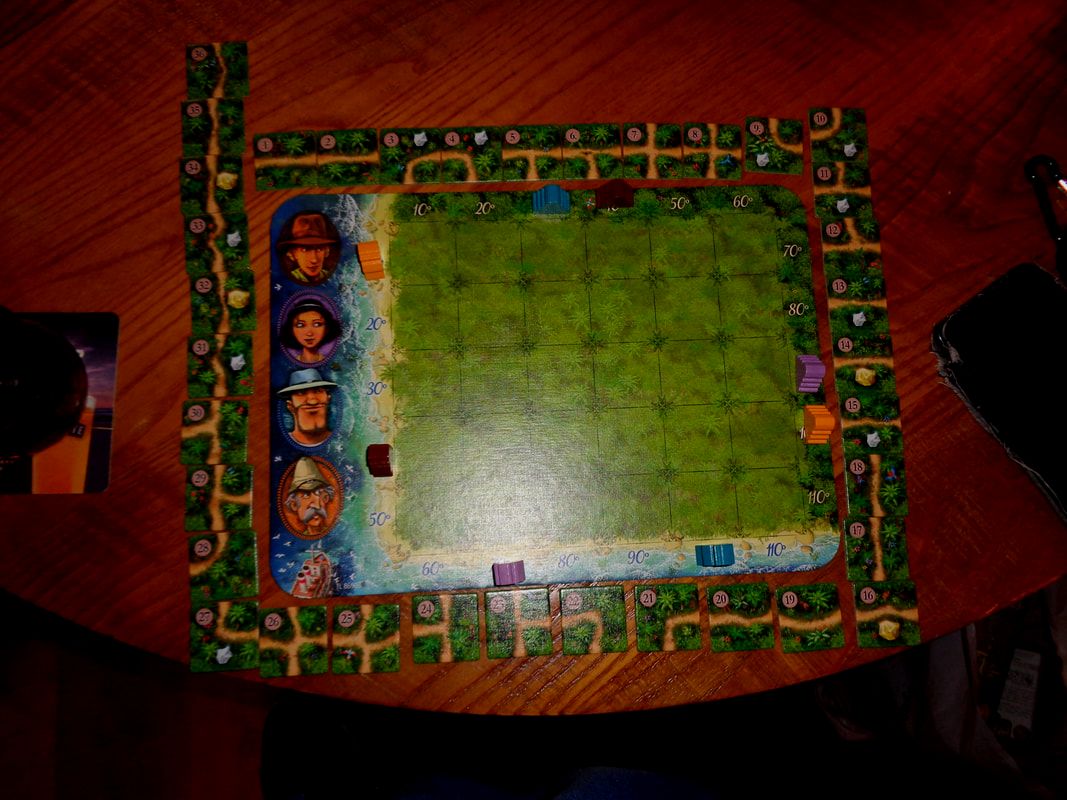
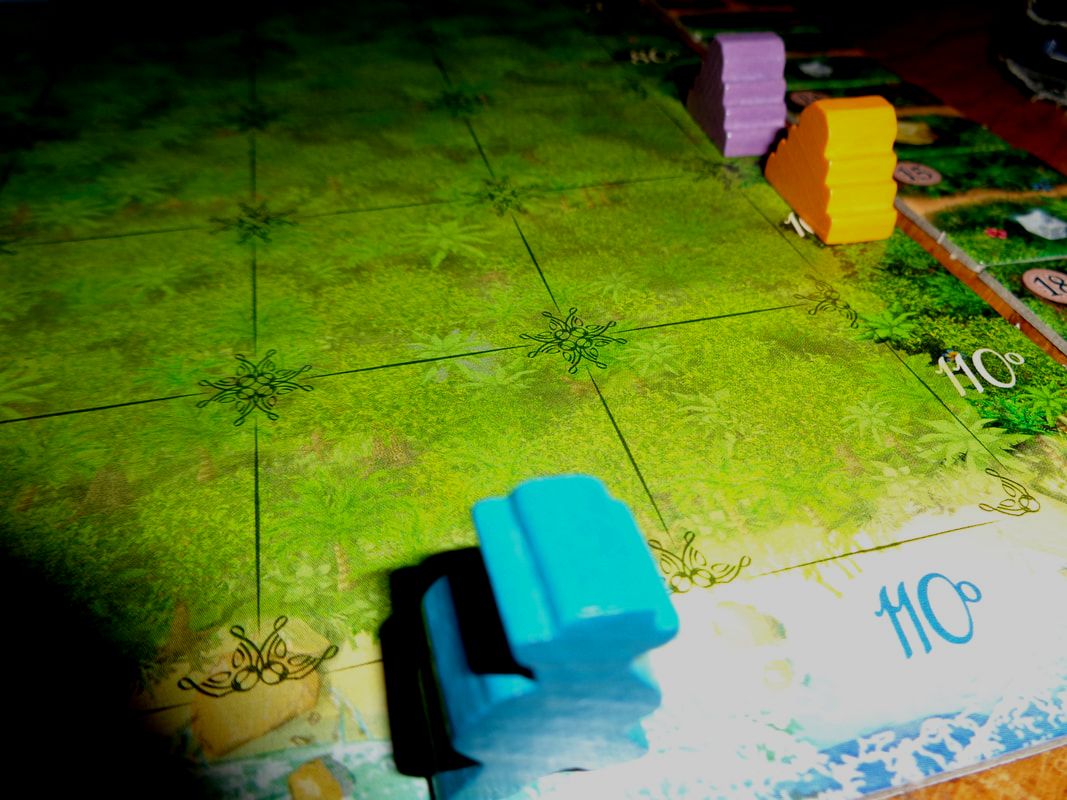
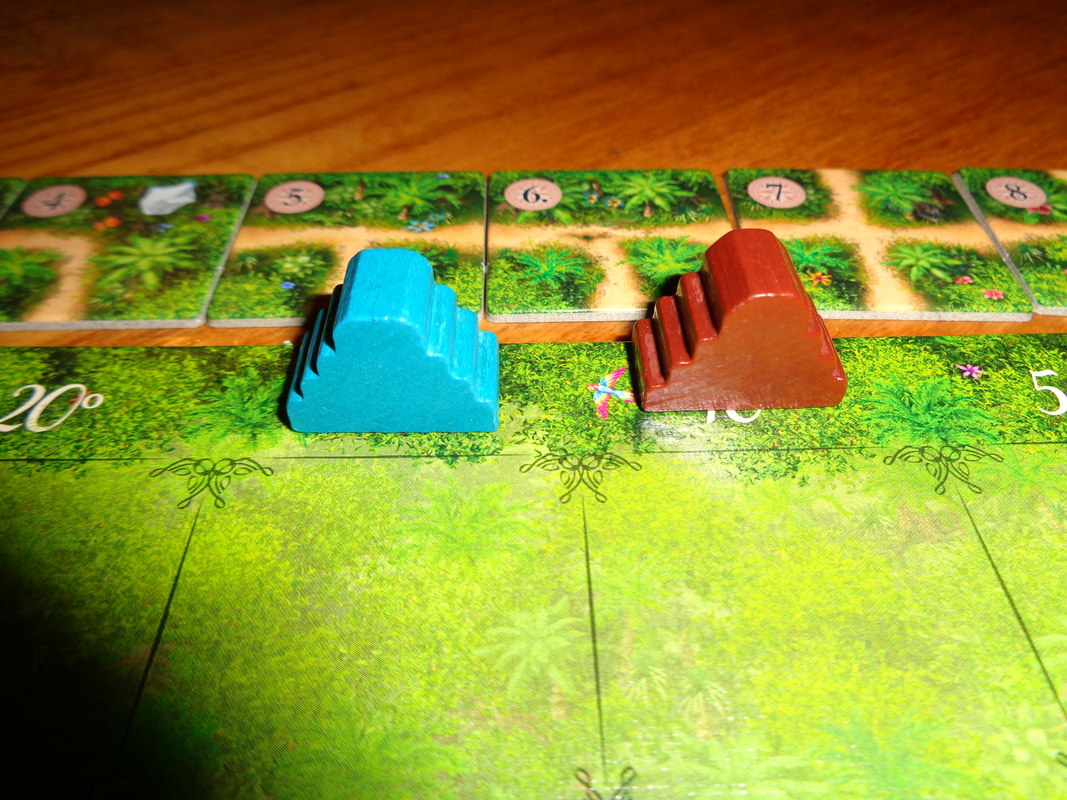
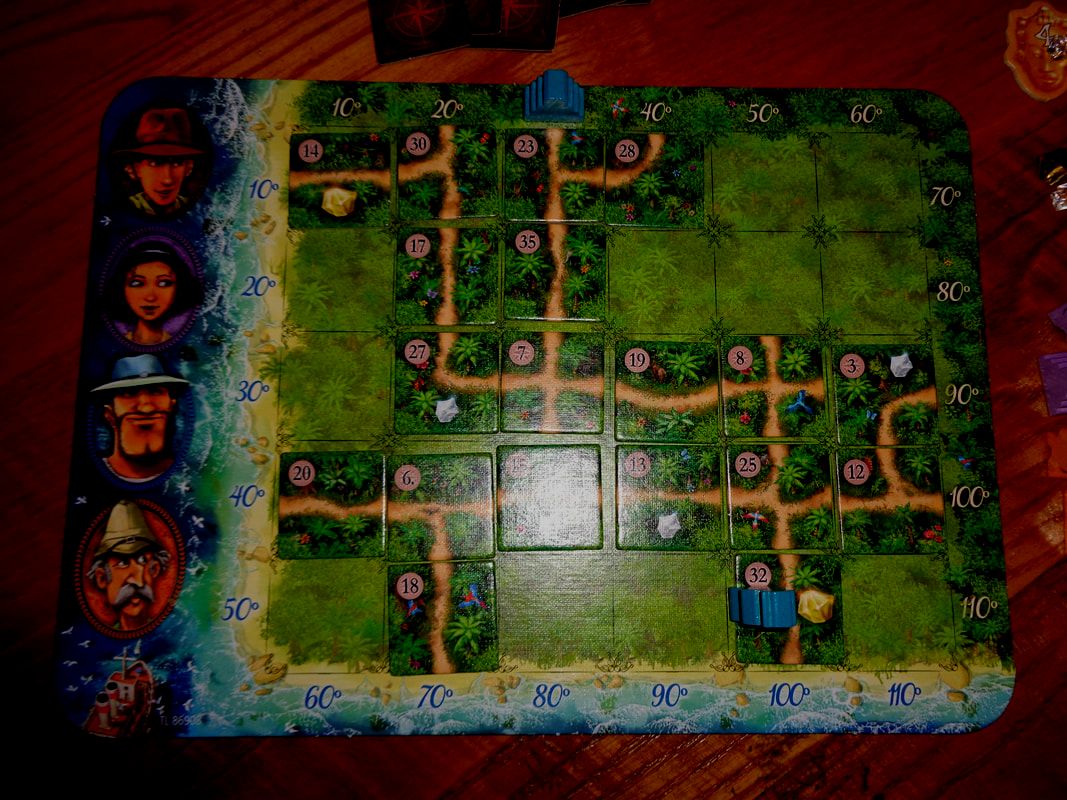
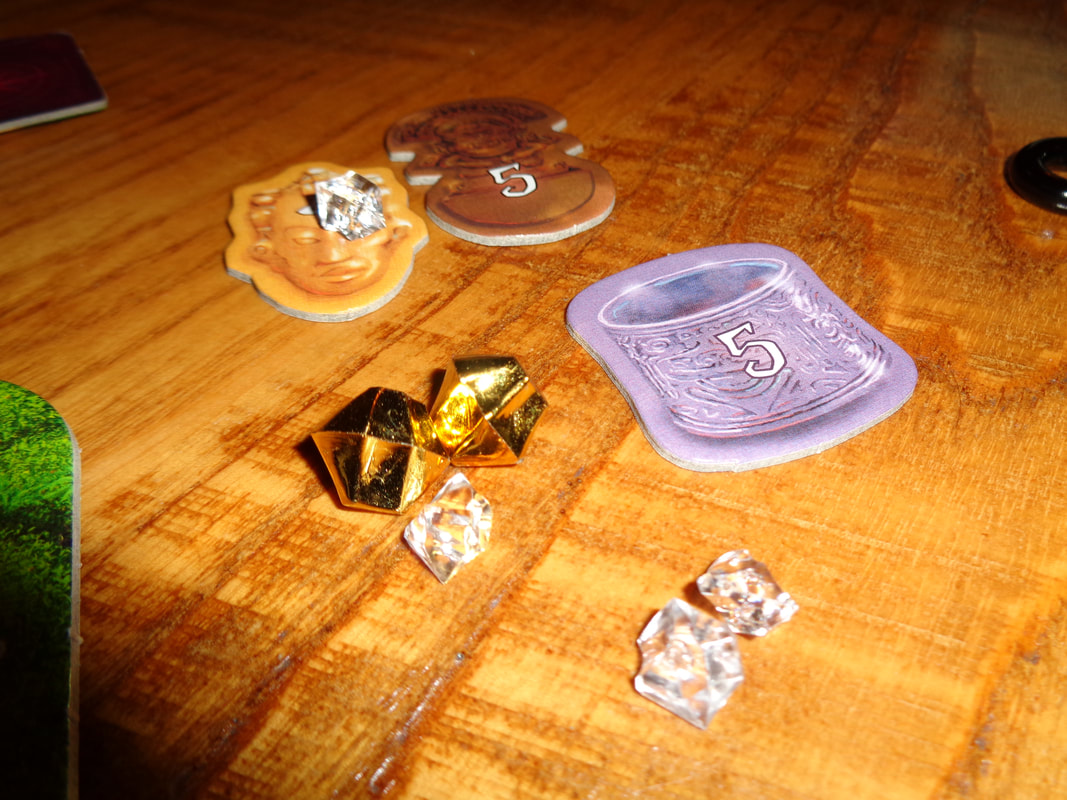
 RSS Feed
RSS Feed
